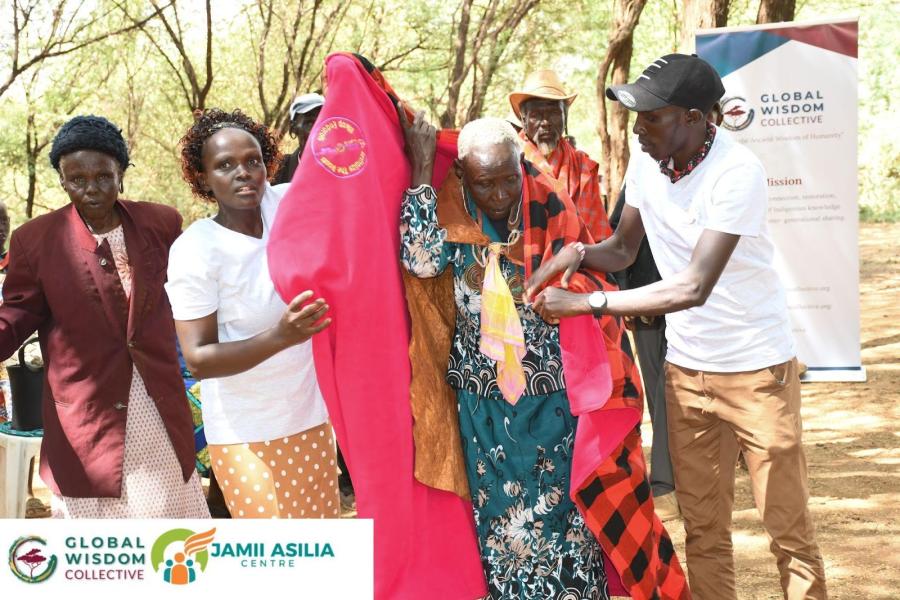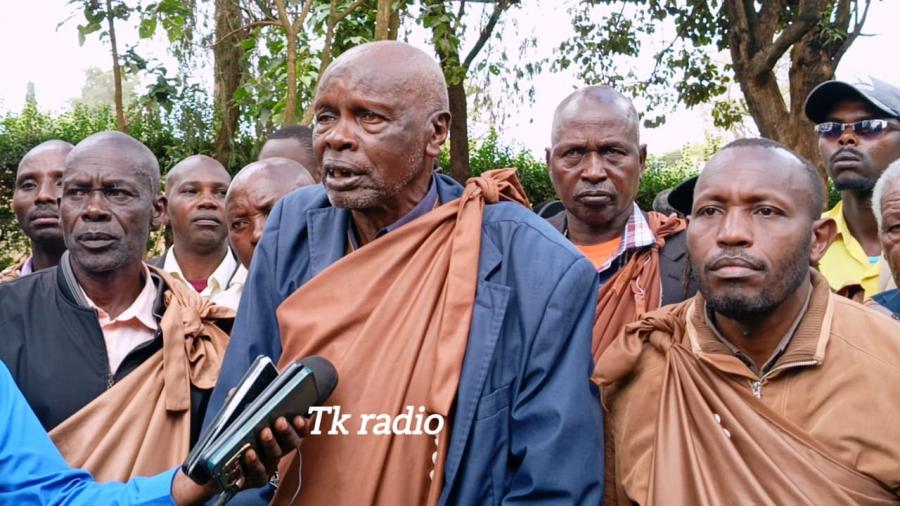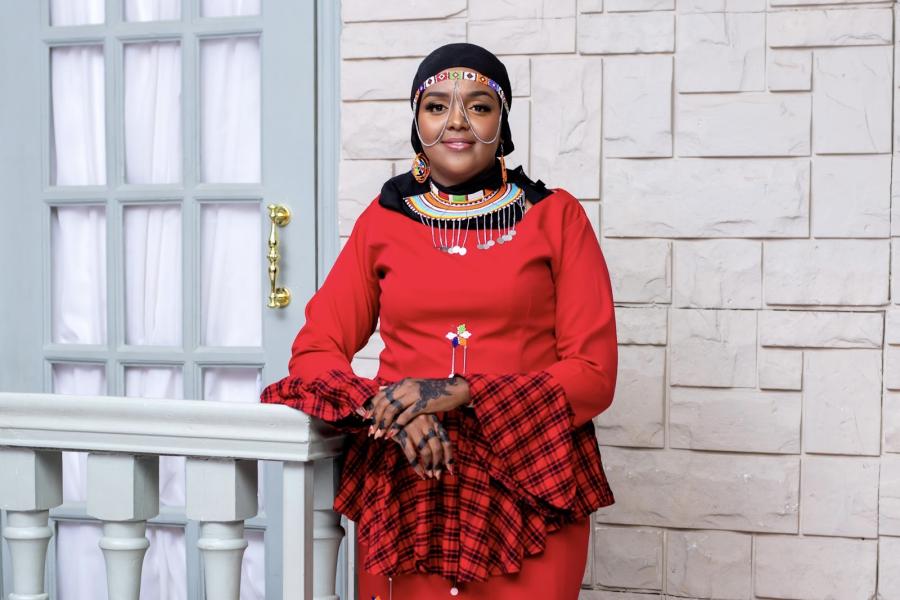Mussa Juma Siwayombe, Executive Director
A media-based campaign spearheaded by the Media Aid for Indigenous and Pastoralists Community (MAIPAC) is making strides in raising awareness about the harmful effects of female genital mutilation (FGM) in Tanzania's Longido District. The project, supported by Cultural Survival, is using radio programs, video documentaries, and social media to advocate for the abandonment of the practice and protect the well-being of young girls in Maasai communities.
The project was launched on September 16, 2024, with the participation of 30 individuals, including traditional leaders, journalists, and local government officials. During the launch, FGM survivors shared their experiences, urging the government and the community to unite in ending the practice.
“The challenge of FGM remains significant,” said Dr. Methew Majani, a medical doctor from Longido District. “We continue to receive women at the hospital who have undergone circumcision, and during childbirth, they experience severe complications—including excessive bleeding. Tragically, some have even lost their lives.”
To combat this, MAIPAC conducted four workshops to equip participants with the skills needed for radio and content production. The training focused on the effects of FGM on infants and educated participants on how to produce educational radio programs and write in-depth reports. The project has also leveraged social media platforms to disseminate educational video clips and documentaries in both Maasai and Swahili languages, aiming to reach a wider audience.
The initiative has directly involved 120 Maasai women and 35 Maasai men. It has also facilitated two community dialogues, bringing together community leaders, women, men, youth, and health professionals to discuss the issue. This community engagement has been a critical component of the campaign's success.
“We are truly grateful to the Maipac Organization for providing this important training on the harmful effects of Female Genital Mutilation (FGM),” said Merikinoi Orkesyanye, a project participant. “Through this training, I have come to understand the serious health risks associated with this practice. I now urge my fellow members of the Maasai community, especially our respected traditional elders, to join me in putting an end to FGM—for the sake of our daughters, our sisters, and the future of our community.”
The project has successfully established strong relationships with community and government leaders, who have committed to raising their voices against FGM. It has also forged new partnerships with other organizations, such as TEMBO, which works to reduce gender-based violence, and SAVVY Radio FM, which helps broadcast their activities to a larger audience.
“With this training, we are hopeful that the situation will begin to improve,” said Dr. Majani. “Those who have participated can now serve as powerful ambassadors for change, helping to raise awareness and protect the health and lives of our women and girls.”
While progress has been made, the fight against FGM is far from over. There is still a need to continue monitoring the hidden practices of FGM in remote villages and to broaden the scope of the investigation to other indigenous groups like the Hadzabe and Datoga. The campaign highlights the ongoing need to empower girls and women through education and protect them from forced early marriages. Through sustained media advocacy and community engagement, the MAIPAC project serves as a crucial voice in the effort to end FGM and create a safer, healthier future for indigenous girls and women in Tanzania.
In 2024, Media Aid for Indigenous and Pastoralists Community (MAIPAC) received a grant from Cultural Survival’s Indigenous Community Fund, which provides opportunities for journalism, broadcasting, audio editing, technical skills, and more for community media from Indigenous communities around the world. In 2024, the Fund provided $480,000 in grants to 57 Indigenous communication projects benefiting Indigenous communities in 25 countries across the Americas, Africa, and Asia, including Argentina, Bangladesh, Bolivia, Botswana, Brazil, Chile, Ecuador, Colombia, the Democratic Republic of Congo, El Salvador, Guatemala, India, Kenya, Mexico, Nepal, Nigeria, Peru, the Philippines, Senegal, South Africa, Tanzania, the United States, Venezuela, and Zimbabwe.



